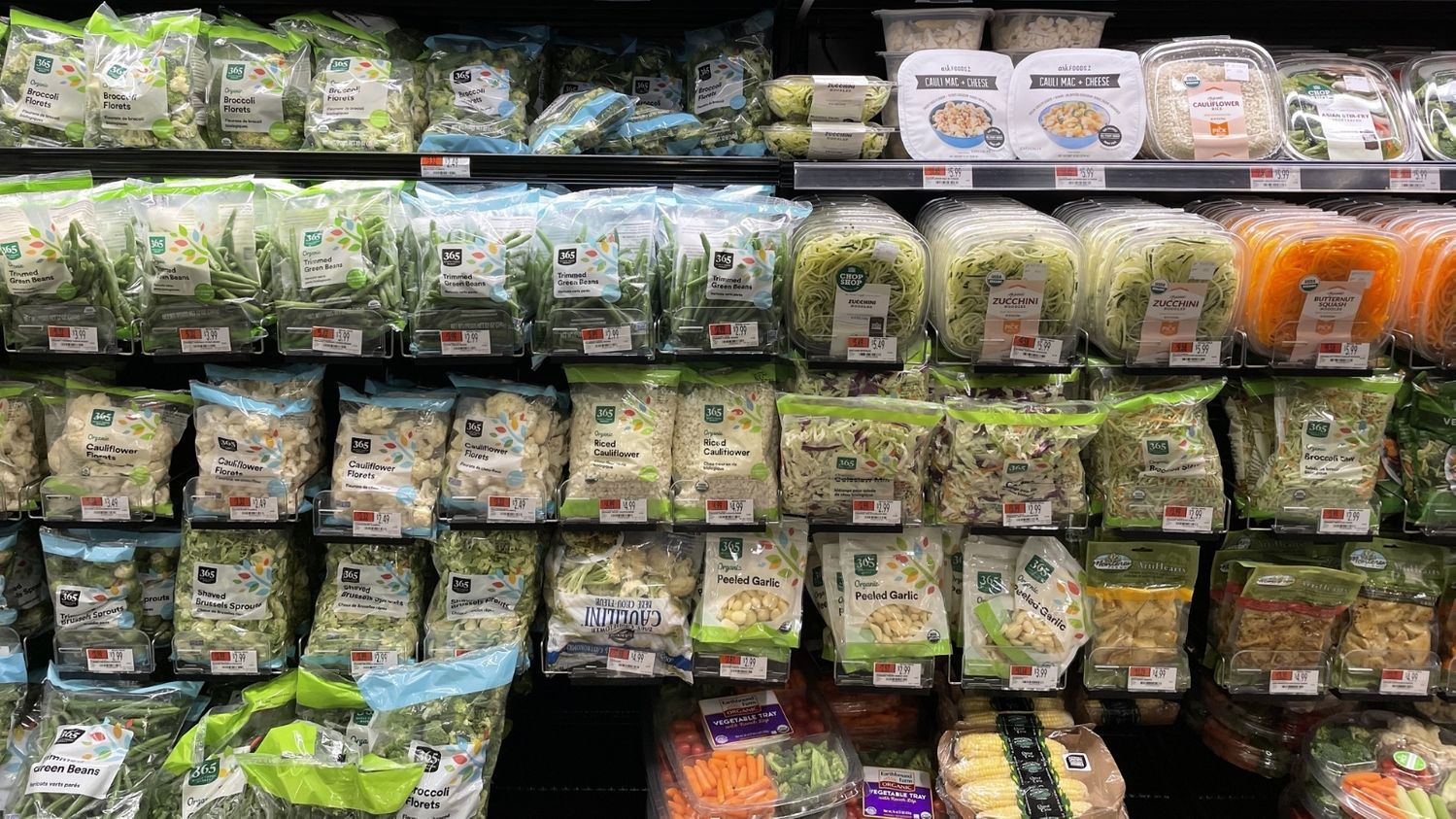
Tell Whole Foods: Stop using wasteful plastic packaging
If you’re looking to reduce plastic waste in your life, ditching plastic laundry detergent bottles is a great place to start.
ADD YOUR NAME
The time has come: Laundry day is upon you. You may have neglected that growing pile of clothes yesterday, but the t-shirt and socks you’re wearing today have been worn one too many times. So you sling that overflowing laundry bag up-and-over your shoulder, grab a heavy plastic laundry detergent jug and get to work.
Once that bottle is empty, the stains may be gone, but that plastic waste will be around for centuries.
We’re facing a plastic waste crisis, and we must find ways of reducing the amount of plastic we dump into our environment.
Thankfully, there’s an easy place to start: Ditch your plastic detergent bottles.
Laundry detergent is a necessity in any household, but it doesn’t need to come in plastic bottles. Much of the plastic packaging — from a reinforced handle and spout to those flimsy plastic measuring cups — is only necessary because the jug has to be strong enough to hold over a gallon of liquid. Inside that bottle, as much as 90% of the liquid detergent is water.
Remove the water and you’ll remove the need for heavy laundry detergent bottles to be sold in bottles in the first place.
The “how” is glaringly obvious: Your washing machine adds all of the water you need.
Not only will you reduce plastic waste, you’ll also lighten the heavy carbon footprint that’s required to transport all of that liquid and you’ll reduce the fossil fuel-intensive production process of all the plastic that’s used to create the bottle itself.
Changing a routine isn’t always the easiest thing to do, but making the shift from liquid detergent jugs to concentrated, liquid-free detergent is a walk in the park.
A growing number of companies today offer liquid-free detergents. Rather than selling bulky plastic jugs, companies like Good Juju and Eco Roots are selling detergent strips, powders and sheets — none of which require plastic bottles or any water.
Detergent sheets also offer a pre-measured, mess-free design that makes your laundry routine easier than ever. Better yet, each box of strips or powder prevents plastic jugs from entering the landfill.
Laundry detergent pods may seem like a good alternative to traditional liquid detergent, but we disagree. Here’s why:
We suggest sticking to sheet or powder-based laundry detergents.
Ditching plastic detergent bottles is just the start — why stop there? There are a number of other ways you can reduce waste and make your laundry routine more environmentally friendly.
When you wash clothes, use your washer’s cold water setting — it’s just as effective at cleaning your clothes as hot water is and uses far less energy.
We also suggest that you do laundry less often and use fuller loads. When it comes time to dry your clothes, air drying them will also reduce your carbon footprint.
These small changes add up to a big impact — especially when you’re joining lots of other people who are finding ways to reduce plastic waste and live more sustainably. Many people have made the switch from plastic shopping bags to reusable bags. Others are looking at plastic-free packaging alternatives to products from shampoo to food wrap. Some are even trying out “refilleries” where customers skip the packaging altogether.
A better future is possible — a future where companies and plastics manufacturers prioritize the sustainability of their products and consumers aren’t the ones that are left dealing with inevitable plastic waste.
By reducing plastic waste, Whole Foods can help reduce plastic waste and pollution.
ADD YOUR NAME